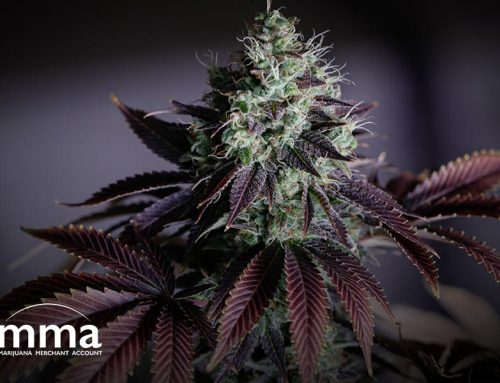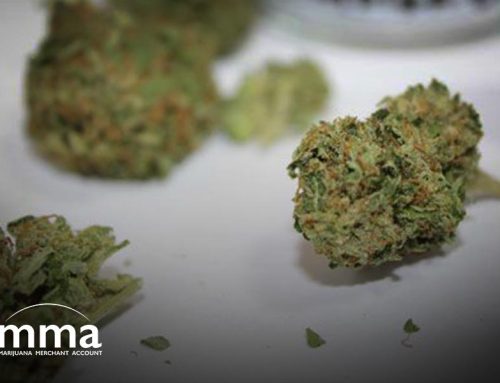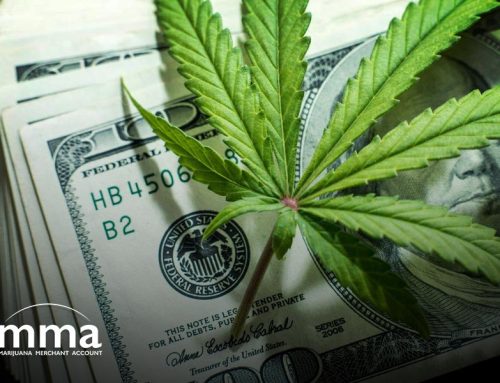If you’ve ever wondered what the difference between a bank and a credit union is, you’re about to become much more familiar.
A credit union is a non-profit, money-making cooperative that is owned by its members, who can borrow from the pooled deposits at low interest rates. They’re also watched over by a different agency called the National Credit Union Administration (NCUA) , and in a recent interview, NCUA Chairman Rodney Hood said credit unions won’t be sanctioned for working with cannabis-related companies. Credit unions need to follow the right protocols to ensure there is no money laundering happening and to follow the Bank Secrecy Act and other rules.
“It’s a business decision for the credit unions if they want to take the deposits,” Hood told Credit Union Times in a recent interview. “We don’t get involved with micro-managing credit unions.”
Does that mean there has been a change in actual policy? No. With the rules as written, credit unions could still be prosecuted by the Department of Justice (DOJ), as that is the ultimate authority that could choose to prosecute a credit union for technically violating federal statutes. Congress could choose to end the ambiguity and pass legislation that declassifies cannabis (currently, cannabis is listed as a Schedule I drug with heroin and LSD). The Secure and Fair Enforcement (SAFE) Banking Act is making progress through Congress but is not yet passed. It would clarify the rules and allow banks and credit unions to more freely work with cannabis customers.
The NCUA chairman’s interview isn’t the only progress the NCUA is making. The agency recently proposed changing one of its rules that prevents people with low-level drug convictions from working at a credit union. This seems to be at least in part a response to legalization and decriminalization of states over the last several years.
Even with the federal restrictions and uncertainty, it’s not surprising that some credit unions are still interested in working with cannabis-related companies. Data shows that more banks and credit unions are working with cannabis companies, part of a steady increase in the number of institutions who are lining up to get a piece of this new industry. And the number of supporters for lowering restrictions continues to grow. Treasury Secretary Steven Mnuchin has said only the Congressional process could clear up the uncertainty financial institutions have regarding cannabis. A total of 38 attorneys general (from 33 states and 5 territories) signed a letter to Congress in support of financial services for cannabis.
“This is simple: not incorporating an $8.3 billion industry into our banking system is hurting our public safety and economy,” said California Attorney General Xavier Becerra in the statement to Congress.
The SAFE Banking Act isn’t the only bill in the works that could legitimize the cannabis industry on a federal level. House Representative Nydia Velázquez, a New York Democrat, has helped introduce two bills, including the Ensuring Safe Capital Access for Small Business Act of 2019 that would allow cannabis businesses to apply for loans backed by the Small Business Administration (SBA), and the Clarifying Law Around Insurance of Marijuana (CLAIM) Act that would open up insurance coverage options for cannabis businesses across the country.












